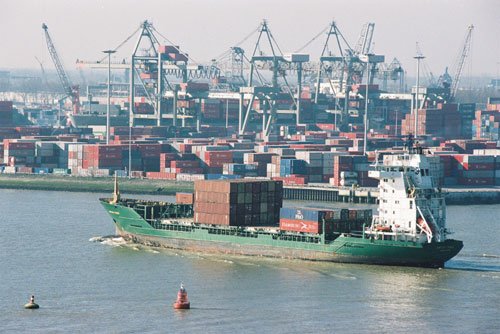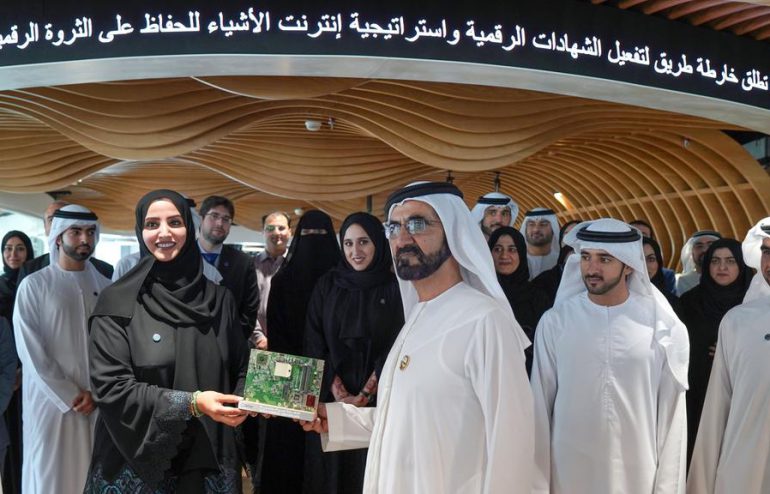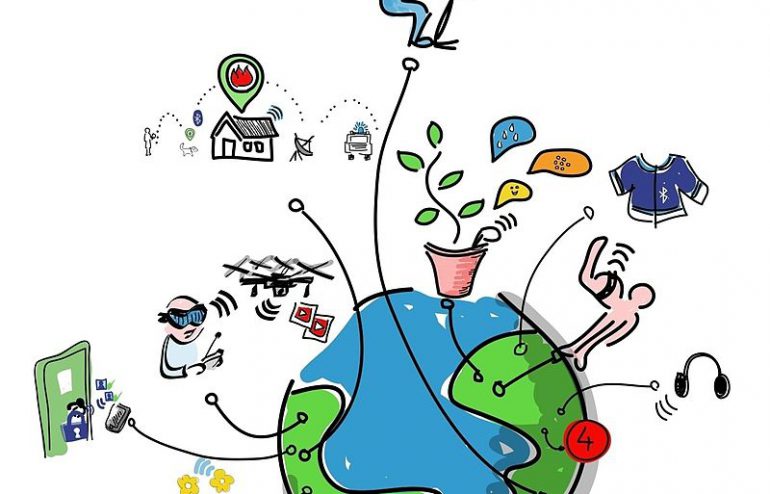The Port of Rotterdam is preparing for a digital transformation with IBM’s cloud-based IoT technologies – starting with the formulation of a centralised dashboard application that collects and processes real-time water, weather sensor data and communications data.
Previously, Europe’s largest port by cargo tonnage banked on conventional communication techniques such as radar and radio to establish communication between captains, pilots and terminal operators to make vital decisions on port operations. With the IBM alliance, IoT sensors in addition to augmented intelligence (AI) and smart weather data will be used to collect numerous data streams including weather, water levels, currents, temperature and check berth availability.
These data will be analysed by IBM’s cloud-based IoT technologies and turned into information. The port authorities can use this information to make decisions that can reduce wait times, manage traffic more efficiently, decide best time for ship docking, load and unload among other advantages.
The tech-giant is also deploying “Digital Dolphins” – smart quay walls and sensor-equipped buoys – to support ship-to-ship cargo transfer and provide insights into the condition and utilisation of a berthing terminal and the neighbouring water and weather conditions.
Under the transformation process, the port will be able to host connected ships in the future and IBM aims to host these ships at the port by 2025. Like the self-driving cars, connected ships are also capable of operating autonomously and can communicate with one other to avoid collision.
Paul Smits, CFO of the Port of Rotterdam Authority, said: “Here in Rotterdam, we are taking action to become the smartest port in the world. Thanks to real-time information about infrastructure, water [and] air, we can enormously improve the service we provide to everyone who uses the port, and prepare to embrace the connected, autonomous shipping of the future.”
source: https://www.iottechnews.com/news/2018/feb/02/port-rotterdam-prepares-digital-transformation-ibm-iot/




